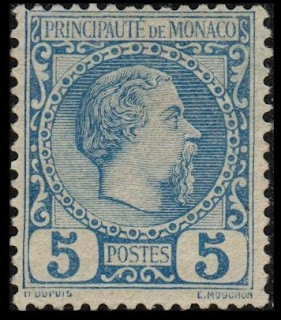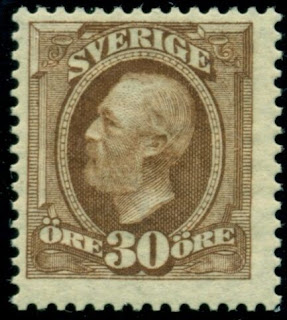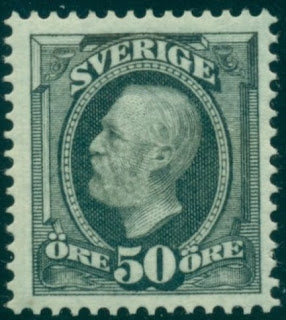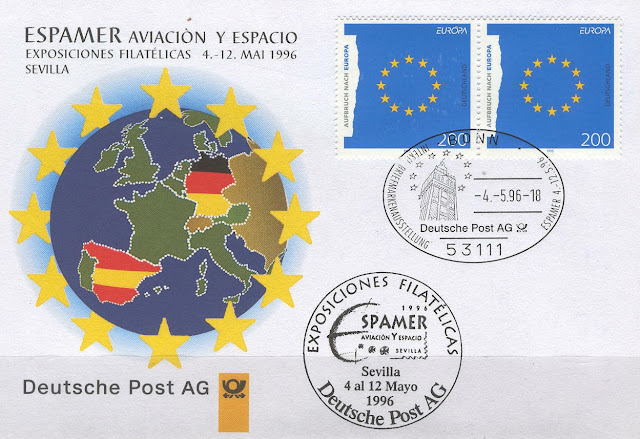Here are some events that happened on December 8th. It could be an event or a person that died or was born on that day
1638 Died: Ivan Gundulić, Croatian poet (b. 1589)
Ivan Franov Gundulić also Gianfrancesco Gondola (8 January 1589 – 8 December 1638), better known today as Ivan Gundulić, was the most prominent Baroque poet from the Republic of Ragusa. His work embodies central characteristics of Roman Catholic Counter-Reformation: religious fervor, insistence on "vanity of this world" and zeal in opposition to "infidels". Gundulić's major works—the epic poem Osman, the pastoral play Dubravka, and the religious poem Tears of the Prodigal Son (based on the Parable of the Prodigal Son) are examples of Baroque stylistic richness and, frequently, rhetorical excess. In Croatia, Gundulić is considered to be the most notable Croatian Baroqoe poet, while in Serbia he is seen as an integral part of Serbian literature
1818 Born: Charles III, Prince of Monaco (d. 1889)
Charles III (8 December 1818 – 10 September 1889) was Prince of Monaco and Duke of Valentinois from 20 June 1856 to his death. He was the founder of the famous casino in Monte Carlo, as his title in Monegasque and Italian was Carlo III.
He was born in Paris Charles Honoré Grimaldi, the only son of Florestan I of Monaco and Maria Caroline Gibert de Lametz.
1832 Born: Bjørnstjerne Bjørnson, Norwegian-French author and playwright, Nobel Prize laureate (d. 1910)
Bjørnstjerne Martinius Bjørnson (8 December 1832 – 26 April 1910) was a Norwegian writer who received the 1903 Nobel Prize in Literature "as a tribute to his noble, magnificent and versatile poetry, which has always been distinguished by both the freshness of its inspiration and the rare purity of its spirit", becoming the first Norwegian Nobel laureate.
He was a prolific polemicist and extremely influential in Norwegian public life and Scandinavian cultural debate. Bjørnson is considered to be one of The Four Greats (De Fire Store) among Norwegian writers, the others being Henrik Ibsen, Jonas Lie, and Alexander Kielland. Bjørnson is also celebrated for his lyrics to the Norwegian National Anthem, "Ja, vi elsker dette landet". Composer Fredrikke Waaler based a composition for voice and piano (Spinnersken) on text by Bjørnson.
Norwegian stamps depicting Bjørnstjerne Bjørnson
Norwegian stamps depicting Bjørnstjerne Bjørnson
1907 – King Gustaf V of Sweden accedes to the Swedish throne.
Gustaf V (Oscar Gustaf Adolf; 16 June 1858 – 29 October 1950) was King of Sweden from 1907 until his death in 1950. He was the eldest son of King Oscar II of Sweden and Sophia of Nassau, a half-sister of Adolphe, Grand Duke of Luxembourg. Reigning from the death of his father Oscar II in 1907 until his own death 43 years later, he holds the record of being the oldest monarch of Sweden and the third-longest reigning after Magnus IV and Carl XVI Gustaf. He was also the last Swedish monarch to exercise his royal prerogatives, which largely died with him, although formally abolished only with the remaking of the Swedish constitution in 1974. He was the first Swedish king since the High Middle Ages not to have a coronation and hence never wore a crown, a tradition continuing to date.
Gustaf's early reign saw the rise of parliamentary rule in Sweden, although the leadup to World War I pre-empted his overthrow of Liberal Prime Minister Karl Staaff in 1914, replacing him with his own figurehead Hjalmar Hammarskjöld (father of Dag Hammarskjöld) for most of the war. However, after the Liberals and Social Democrats secured a parliamentary majority under Staaff's successor, Nils Edén, he allowed Edén to form a new government which de facto stripped the monarchy of all virtual powers and enacted universal and equal suffrage, including for women, by 1919. Bowing fully to the principles of parliamentary democracy, he remained a popular figurehead for the remaining 31 years of his rule, although not completely without influence – during World War II he allegedly urged Per Albin Hansson's coalition government to accept requests from Nazi Germany for logistics support, refusing which might have provoked an invasion. This remains controversial to date, although he is not known to have shown much support for fascism or radical nationalism; his pro-German and anti-Communist stance was well known also in World War I.
Following his death at age 92, he was implicated in a homosexual affair in the Haijby affair. His alleged lover Kurt Haijby was imprisoned in 1952 for blackmail of the court in the 1930s. (Homosexuality was a criminal offense in Sweden until 1944, though Gustaf's position would have granted automatic immunity.) An avid hunter and sportsman, he presided over the 1912 Olympic Games and chaired the Swedish Association of Sports from 1897 to 1907. Most notably, he represented Sweden (under the alias of Mr G.) as a competitive tennis player, keeping up competitive tennis until his 80s, when his eyesight deteriorated rapidly. He died from flu complications and was succeeded by his son, Gustaf VI Adolf.
Stamps from Sweden depicting King Gustaf V
1907 Died: Oscar II of Sweden (b. 1829)
Oscar II (Oscar Fredrik; 21 January 1829 – 8 December 1907) was the King of Sweden from 1872 until his death, and was also the final King of Norway from the House of Bernadotte until being deposed in 1905.
Oscar II was King during a time when both Sweden and Norway were undergoing a period of industrialization and rapid technological progress. His reign also saw the gradual decline of the Union of Sweden and Norway, which culminated in its dissolution in 1905. He was subsequently succeeded as King of Norway by his grandnephew Prince Carl of Denmark under the regnal name Haakon VII, and as King of Sweden by his eldest son, Gustaf V.
Oscar II is the paternal great-great-grandfather of Carl XVI Gustaf, King of Sweden since 1973. Harald V, King of Norway since 1991, is a great-grandson of Oscar II, through his third son Prince Carl, Duke of Västergötland.
Swedish stamps depicting Oscar II
The Flag of Europe or European Flag, is an official symbol adopted by two separate organisations, the Council of Europe (CoE) as a symbol for the whole of Europe and the European Union (EU). It consists of a circle of twelve five-pointed yellow (or) stars on a blue (azure) field.
The design was conceived in 1955, and officially adopted later that year by the Council of Europe as a symbol for the whole of Europe. The Council of Europe urged it to be adopted by other European organisations, and in 1985 the European Communities (EC) adopted it.
The EU inherited the emblem's use when it was formed in 1993, being the successor organisation to the EC starting from 1 December 2009 (date of entry into force of the Lisbon Treaty). It has been in wide official use by the EC since the 1990s, but it has never been given official status in any of the EU's treaties. Its adoption as an official symbol of the EU was planned as part of the proposed 2004 European Constitution, which failed to be ratified in 2005.
The flag is used by different European organisations such as the European Space Agency and unified European sporting teams under the name of Team Europe .
French stamp and German cover depicting the European flag















No comments:
Post a Comment